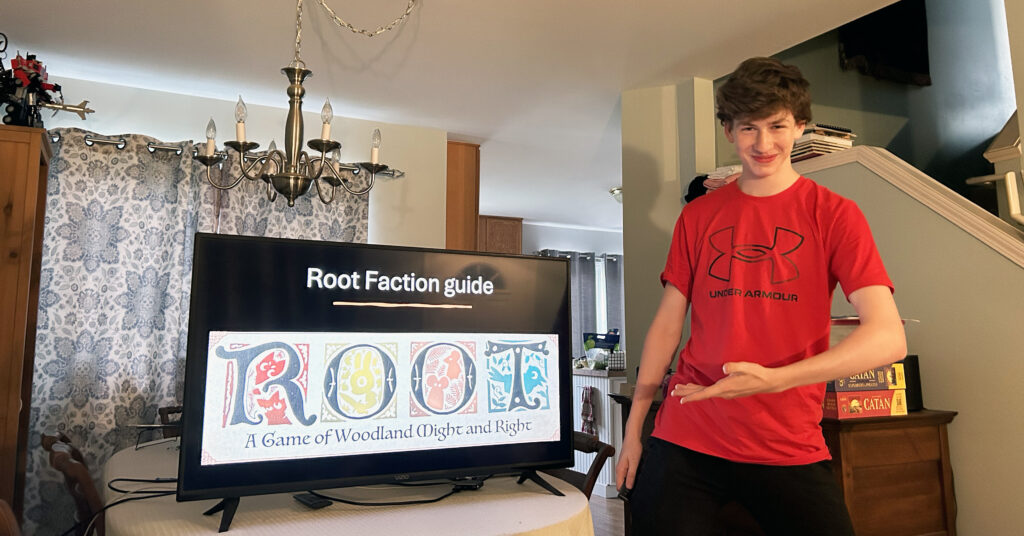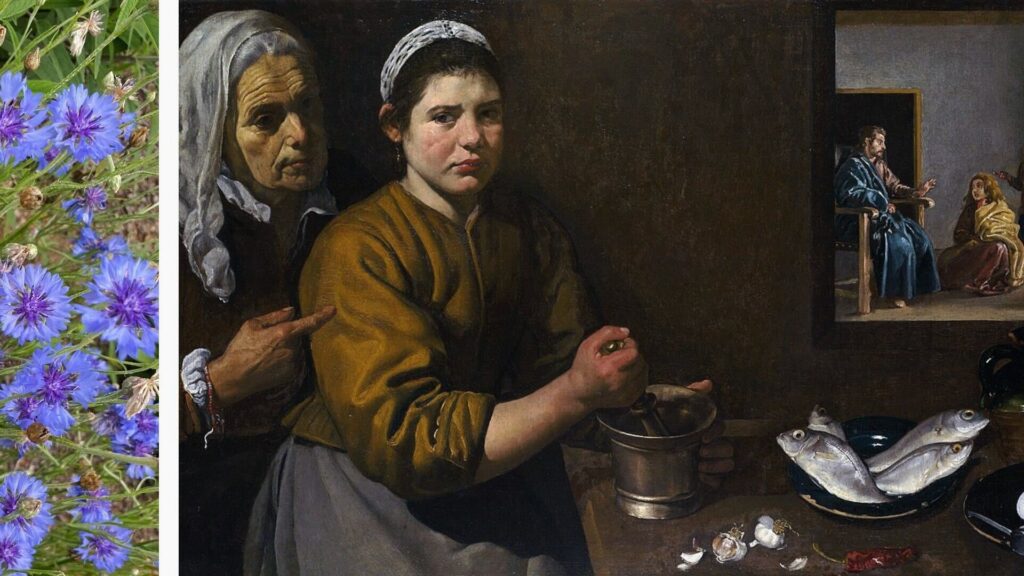The CMP Review — Week of August 26
August 26, 2024

“Truly parents are happy people—to have God’s children lent to them.” (The Story of Charlotte Mason, p. 7)
@tessakeath
August 27, 2024

A homeschool mother once sent me a link to a book review that encouraged child-directed learning. The article reinforced her sense that she should not have a time table in her homeschool. She opted instead for what she thought was more respectful of her children’s personhood: to “create a list of lessons and go in order enjoyably, stop when we are tired instead of pushing through.”
Ever since Maria Montessori revolutionized the very idea of school by creating a house where “children were free to come and go, rest or work, choose what they wanted to work on, worked at their own pace,” the idea of a time table has been under fire. The opposition was as strong as ever in the early 1970s after a British school inspector praised the Integrated Day: “An Integrated Day is one in which there are no class lessons as such. Instead, each child makes a unique synthesis of his learning experience.”
If, as Charlotte Mason said, all education is self-education, and if children are born persons, shouldn’t we just embrace this new way, the integrated day? The year was 1971 and Joan Molyneux was restating the Charlotte Mason method for a new generation. Little did she know that the daughters of Susan Schaeffer Macaulay would soon be visiting one of her PNEU schools. Was it time to revise the method to suit the times?
For Miss Molyneux the answer was no. Rather than abandon the time table, she wrote what may be its most brilliant defense. But she did more than just defend the time table. She also shined a light on the meaning of personhood. She explained that liberty is not license. Citing G. K. Chesterton, she explained that freedom is not merely feeling free. Far from discarding habit training as a relic of the past, she dignified it as an essential element of what it means to be human.
Molyneux’s profound explanation and defense of the Charlotte Mason method has been hidden away for too long. Read or listen to part four, on the discipline of habit, here.
@artmiddlekauff
August 28, 2024


Last week we paid homage to Charlotte Mason cats. This week we’re giving a shout out to our CM dogs who join us on our nature walks and love the smell of vintage books.
In fact, my boys’ favorite Special Studies was a term spent studying our poodle.
Share your CM dog in the comments!
@rbaburina
August 29, 2024



When the PNEU began grappling with emerging technology in the last century, they generally based their evaluation on how the technology was going to be used. In 1931, Rose Amy Pennethorne drew the distinction between technology that involves “a passive state of reception” versus technology that “for our children … becomes conception and execution.”
This distinction guides my homeschool as well. I want my children to be technologically literate but not technologically dependent or passive. I think digital presentation skills in particular are important and also give an opportunity for conception and execution. But how to bring life and meaning to the process of learning a technology tool?
A great solution we found was the PowerPoint party. This became an anticipated event in our household as each family member, regardless of age, was required to give a presentation. The topic was left to each presenter to choose.
As conception moved to execution, my son learned about the capabilities of digital presentation technology (and the value of teamwork). And even though I’ve been using PowerPoint for many years, I still picked up a few new skills when preparing for this family event.
When the night of the PowerPoint party arrived, we all enjoyed interesting and widely varied presentations. We learned about each other and got experience sharing before a small audience. Could a PowerPoint party work in your home? Share your thoughts in the comments.
@artmiddlekauff
August 30, 2024


We’re pinning all of our hopes on this single monarch chrysalis in our milkweed patch.
We found only a dozen or so caterpillars there altogether over the last few weeks.
But we’ve found a handful of frogs there. Every time we walk up, a few of them jump further into the patch and away from us. We did not know that this is a thing, but it is. 😳
And a few of the plants also have patches of aphids on them.
We found this chrysalis 10 days ago. We’re hoping it still stands a fighting chance. But it’s getting dicey. If it doesn’t start turning black soon, I’m afraid we won’t get any monarch butterflies there this year.
Come on, little friend, you can do it!
@antonella.f.greco
August 31, 2024

The passion flower is one of Tennessee’s state wildflowers (together with the Tennessee coneflower). It’s so exotic looking that it’s almost hard to believe it’s a native wildflower. The kids and I found this one a few days ago growing alongside a roadway, but we’ve also been excited to find it in the wild.
What’s your state wildflower?
@rbaburina
September 1, 2024

“We are all susceptible to putting God second and ministry first,” wrote Shane Idleman. “If we’re too busy to cultivate a prayer life that places God first—we’re too busy. Men would live better if they prayed better. We’re often too busy because we’re doing too much.”
I wonder sometimes if Mary of Bethany felt a little guilty while her sister was doing all the work. Did she get that unsettled feeling that she should be helping out? Could she sense the resentment that was brewing in Martha’s heart?
In the Gospel of Luke, we find that Mary was vindicated by the audible voice of our Lord. But we aren’t shown Martha’s response. Charlotte Mason gives voice to her prayerful imagination in today’s poem. Read or hear what Martha may have thought when she heard that only one thing is needful. Find it here.
@artmiddlekauff